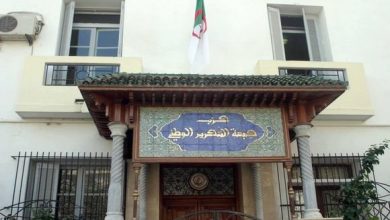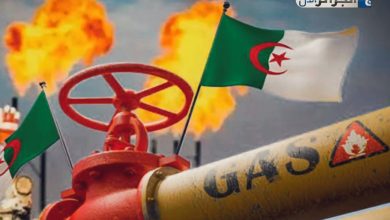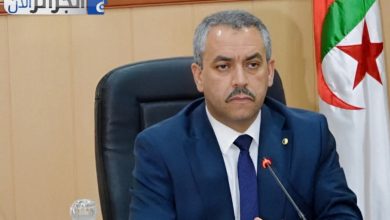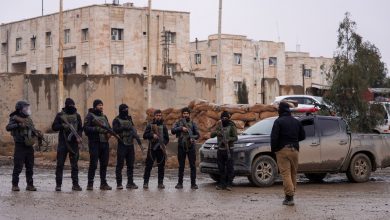Algiers – A prominent Spanish politician has publicly denounced what he describes as Morocco’s manipulation of United Nations Resolution 2797 concerning the Western Sahara. Roman Rodriguez, National Secretary for Strategy, Programs, and Training for the Canarian Nueva party, asserted in a recent statement that the territory is not Moroccan.
Rodriguez’s comments coincide with the 50th anniversary of what Morocco refers to as the ‘Green March,’ an event he characterized as the ‘illegal Moroccan occupation’ of the Western Sahara in November 1975. He contends that Spain failed to prevent this occupation and instead, facilitated it through the Madrid Accords.
‘Spain did nothing to prevent this occupation,’ Rodriguez stated, referencing the Madrid Accords signed on November 14th. He argues that these agreements, inked with Morocco and Mauritania, disregarded international law and the rights of the Sahrawi people, effectively greenlighting the territorial division and subsequent occupation.
Rodriguez specifically criticized the alleged manipulation of UN Resolution 2797, suggesting its content has been cleverly twisted to favor the current occupiers and the United States. He emphasized that the reality on the ground is far more complex than portrayed.
The Spanish politician highlighted the numerous UN resolutions supporting the Sahrawi people’s right to self-determination, resolutions he says have been consistently violated and obstructed by Morocco, both under the late King Hassan II and his successor, King Mohammed VI. He cited UN General Assembly Resolution 3437 from 1979, which urges Morocco to end its military occupation of Western Sahara and negotiate with the Polisario Front, recognized as the legitimate representative of the Sahrawi people, to resolve the conflict. He further noted subsequent resolutions reaffirming the necessity of holding a referendum on self-determination for the Sahrawi people.
Rodriguez’s statements represent a significant challenge to Morocco’s claims over Western Sahara and add to the ongoing international debate surrounding the region’s future.




